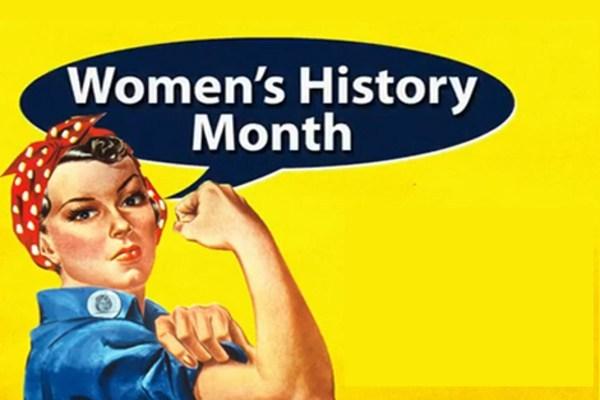
From Seneca Falls to marching on Washington, women have
historically climbed their way closer to equality even when the world tried to
weigh them down.
“If the first woman God ever made was strong enough to turn
the world upside down all alone, these women together ought to be able to turn
it back, and get it right side up again!”
Born into slavery in 1797, Sojourner Truth became an
abolitionist and women’s rights activist. She escaped slavery with her daughter
Sophia and makes a living in New York City as a maid. In 1851, she delivered
her now famous extemporaneous speech known as “Ain’t I a Woman?” Later in life,
Truth worked to help ex-slaves create new lives for themselves. She eventually
worked with Congress to help create jobs for ex-slaves.
“No man is good enough to govern any woman without her
consent.”
In 1869, Susan B. Anthony led the charge for voting rights
for women. She died in 1906 after dedicating her life to women’s suffrage. It
was not until almost 15 years after her death that women could legally have
their voices heard at the polls.
“You gain strength, courage, and confidence by every
experience in which you really stop to look fear in the face. You are able to
say to yourself, ‘I lived through this horror. I can take the next thing that
comes along.’”
Eleanor Roosevelt set a standard for women in the White
House. She volunteered at the International Congress of Women where she was a
vocal supporter of women’s suffrage. When her husband Franklin created the New
Deal program, she was one of the only voices in her husband’s administration
who insisted the benefits be extended equally to African Americans.
“The power I exert on the court depends on the power of my
arguments, not my gender.”
Appointed by Ronald Reagan to the Supreme Court in 1981,
Sandra Day O’Connor made history as the first woman to serve on the supreme
court. She was the subject of the very first confirmation hearing to be
televised before the American people. The hearing lasted three days. O’Connor
was confirmed by the U.S. Senate with a vote of 99-0.
“So let us wage a glorious struggle against illiteracy,
poverty and terrorism, let us pick up our books and our pens, they are the most
powerful weapons. One child, one teacher, one book and one pen can change the
world.”
The youngest ever Nobel Prize laureate, Malala Yousafzai has
pioneered on the frontier of education for most of her 21 years of life. Born
in Pakistan, she spoke out as an activist for women’s education from 11 years
old onward. In 2012, Malala was shot in the head by a Taliban gunman. After her
recovery, she founded the Malala Fund with her father, a non-profit
organization for girl’s education.
These women and countless more have laid the foundation for
each generation that follows. Looking past these historical figures, one need
only look at the community around them to see countless more examples of
pioneering women in positions of power.